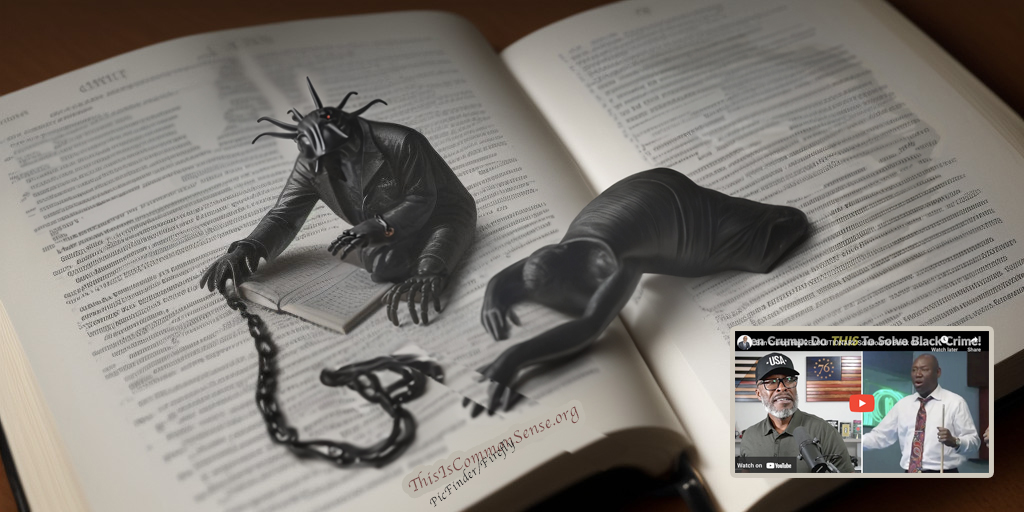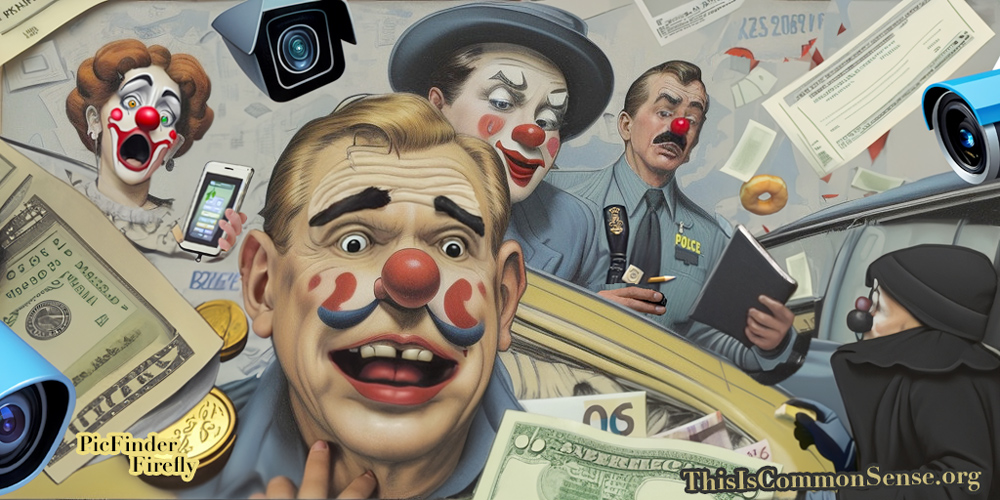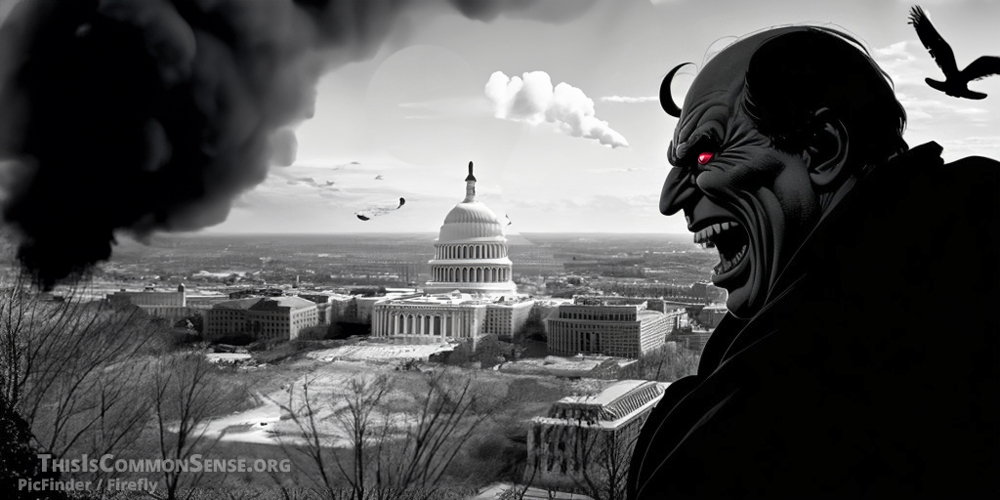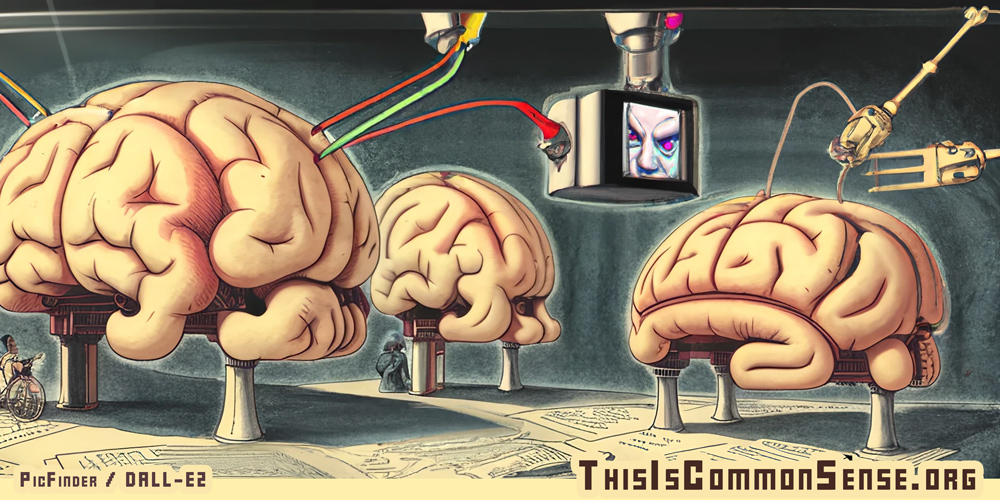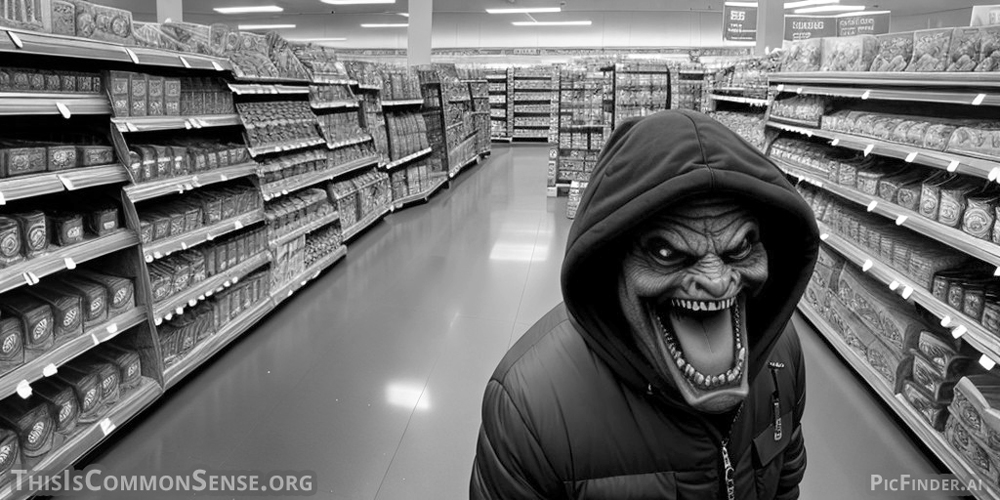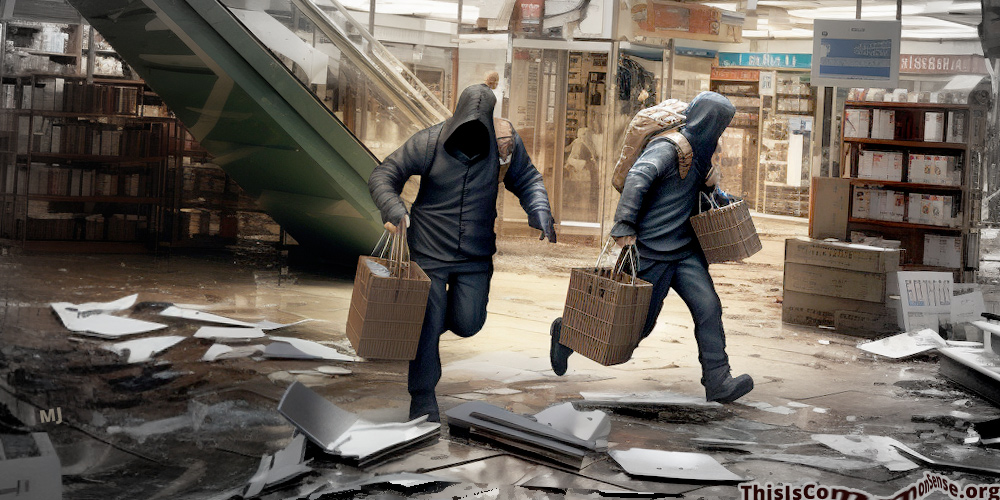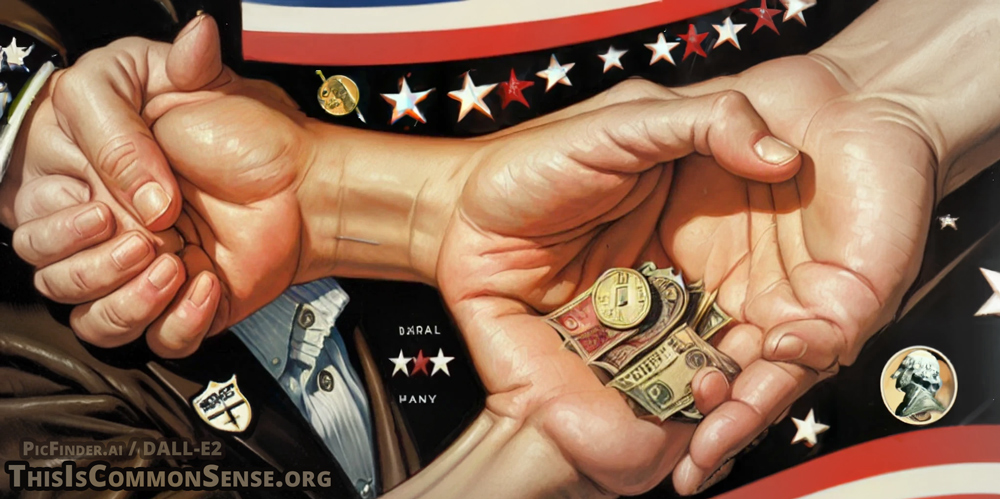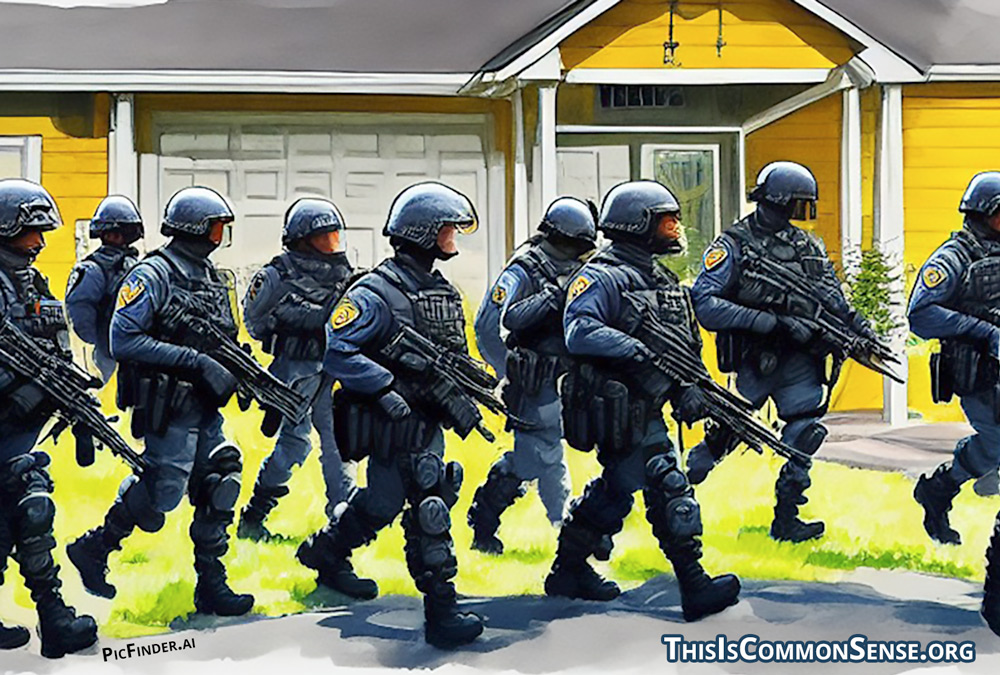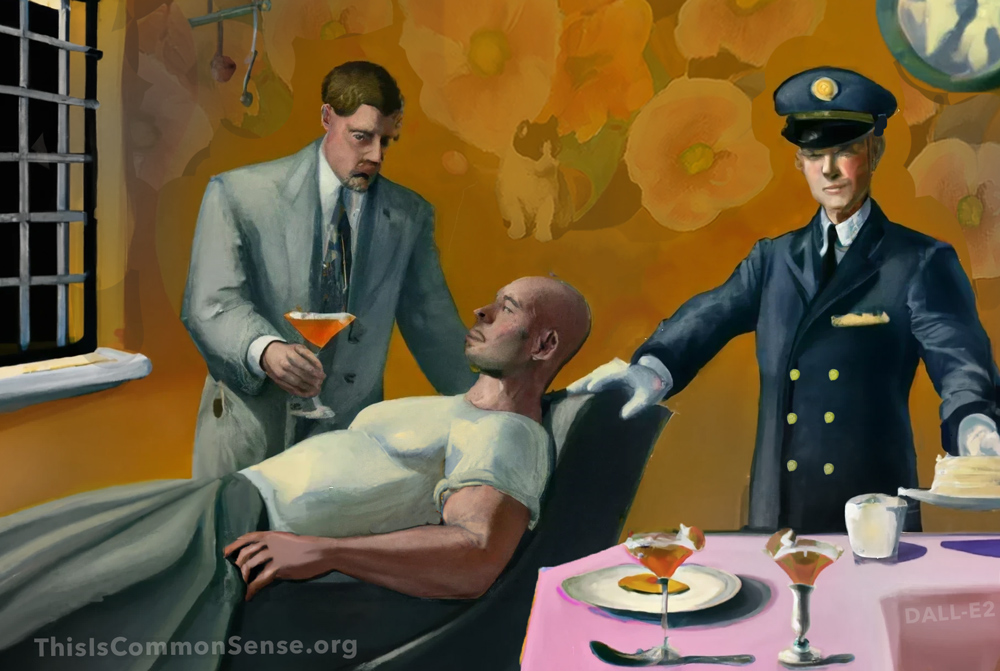Can crime be defined out of existence?
“Attorney Ben Crump proposed a solution to the issue of high crime that is plaguing the black community,” YouTube commentator Anthony Brian Logan reports on a story that an aging white fellow like myself was not apt to spot. “He said it is easy to identify criminals if laws that target specific groups of people are created. Crump brought up Eric Garner, who lost his life after struggling with police outside of a store when he was accused of selling loose cigarettes.”
Crump says crimes have been defined into existence targeting black communities.
Mr. Logan urges us to understand the context for Crump’s theorizing: the African-American lawyer “was speaking to a group of black men for an MSNBC special called ‘Black Men in America, Road To 2024.’ The purpose of the special is to rein black men back in and stop them from straying away from the Democratic Party.”
Logan is skeptical that this sort of half-cleverness is going to cut it with black men, who in increasing numbers are bolting from the ranks of the party created by Martin Van Buren.
Many of us, of all colors, were extremely sympathetic to Eric Garner, who died at the hands of New York City police trying to block Garner’s unlicensed entrepreneurial effort enabled by high taxes on cigarettes. Yet, the real problem with Crump’s notion is that the worst crime in black neighborhoods is rampant theft and violence, the kind of activity that common sense dictates as criminal no matter who legislates, or why.
Defining crime into existence is not the current cause of increased black crime, Logan says, it’s decreased policing and punishment.
Crump’s argument, counters Anthony Brian Logan point blank, “is stupid.”
This is Common Sense. I’m Paul Jacob.
Illustration created with PicFinder and Firefly
See all recent commentary
(simplified and organized)
See recent popular posts
